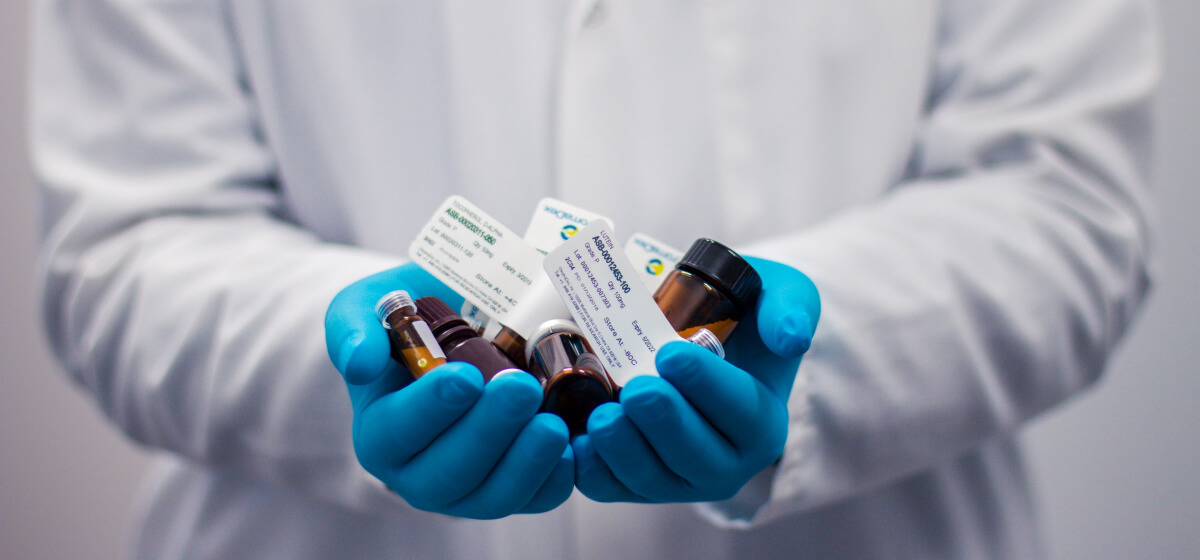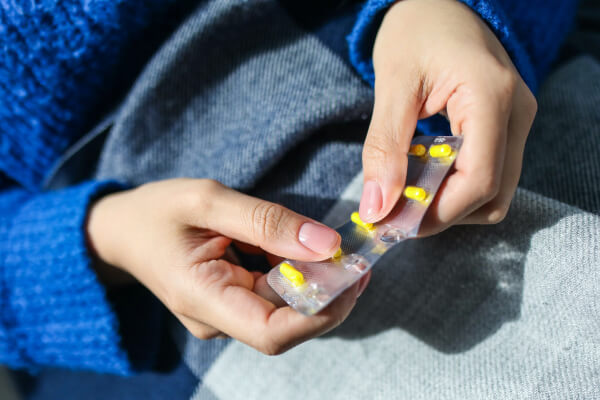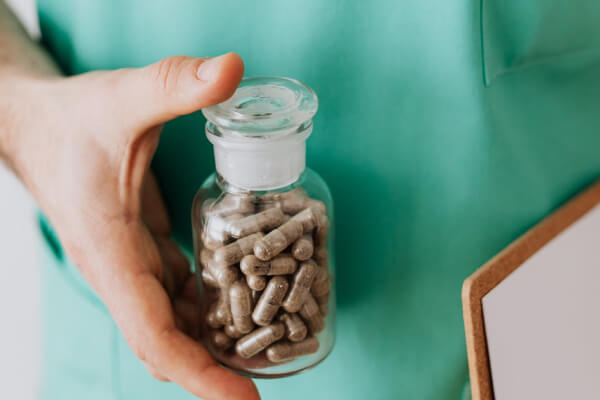ADHD
Attention deficit hyperactivity disorder is a neurodevelopmental disorder characterized by symptoms of inattention, hyperactivity, impulsivity, and emotional dysregulation that are pervasive and pervasive across a variety of contexts and are developmentally inappropriate
Overview
ADHD symptoms arise from executive dysfunction.
Impairments resulting from deficits in self-regulation such as time management, inhibition, task initiation, and sustained attention can include poor professional performance, relationship difficulties, and numerous health risks, collectively predisposing to a diminished quality of life and a reduction in life expectancy.
As a consequence, the disorder costs society hundreds of billions of US dollars each year, worldwide. It is associated with other mental disorders as well as non-psychiatric disorders, which can cause additional impairment..
Our Brands

ADHD
Attention-deficit/hyperactivity disorder (ADHD) is one of the most common mental disorders affecting children . Symptoms of ADHD include inattention (not being able to keep focus), hyperactivity (excess movement that is not fitting to the setting) and impulsivity (hasty acts that occur in the moment without thinking).
ADHD IN ADULTS
ADHD in adults is a neurodevelopmental disorder that can significantly impact various aspects of life, including work, relationships, and daily tasks. While symptoms can change over time, adults with ADHD may experience persistent challenges with attention, impulsivity, and hyperactivity, which can manifest as restlessness, difficulty focusing, disorganization, and problems with time management.
ADHD IN CHILDREN
ADHD, or Attention-Deficit/Hyperactivity Disorder, isa common neurodevelopmental condition that typically appears in childhood and is characterized by symptoms of inattention, hyperactivity, and impulsivity. These symptoms can significantly impact a child’s ability to focus, control their behavior, and manage emotions, affecting their performance at school, home, and in social situations.

Risk factors
Risk factors for ADHD may include:
- Having a blood relative, such as a parent or sibling, with ADHD or another mental health condition.
- Being around environmental toxins such as lead, which is found mainly in paint and pipes in older buildings.
- Being born to a parent who used recreational drugs, alcohol or tobacco during pregnancy.Being born too early, also called premature birth.
Although many people seem to believe that sugar causes hyperactivity, there’s no proof of this. Many issues in childhood can lead to trouble paying attention, but that’s not the same as ADHD.
Other major factors includes
- Genetic Factors
- Environmental Factors
- Neurological factors
- Socioeconomic factors
- Psychological factors

Complications
ADHD can make life difficult for you. ADHD has been linked to:
- Poor school or work performance
- Unemployment
- Financial problems
- Trouble with the law
- Alcohol or other substance misuse
- Frequent car accidents or other accidents
- Unstable relationships
- Poor physical and mental health
- Poor self-image
- Suicide attempts
- Communication Issues
- Emotional Outbursts
- Forgetfulness and Disorganization

ADHD is a persistent neurodevelopmental condition impacting attention, hyperactivity, and/or impulsivity
While Adhd has proven resistance over the years and has been a mojor problem to physicians, the following dosages of lisdexamfetamine have been of great help if administered correctly.
Dosage for Treatment of ADHD.
The recommended starting dosage in adults and pediatric patients 6 years and older is 30 mg once daily in the morning. Dosage may be adjusted in increments of 10 mg or 20 mg at approximately weekly intervals up to maximum recommended dosage of 70 mg once daily.
Dosage for Treatment of Moderate to Severe BED in Adults.The recommended starting dosage in adults is 30 mg once daily to be titrated in increments of 20 mg at approximately weekly intervals to achieve the recommended target dose of 50 mg to 70 mg once daily. The maximum recommended dosage is 70 mg once daily. Discontinue VYVANSE if binge eating does not improve.
Dosage in Patients with Renal Impairment
In patients with severe renal impairment (GFR 15 to < 30 mL/min/1.73 m2), the maximum dosage should not exceed 50 mg once daily. In patients with end stage renal disease (ESRD, GFR < 15 mL/min/1.73 m2), the maximum recommended dosage is 30 mg once daily.

